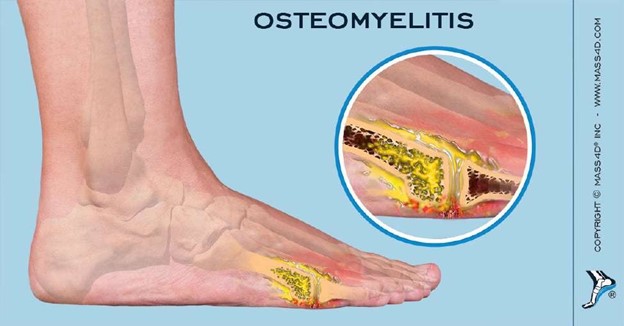A nurse is planning care for an 8-month-old infant who has heart failure. Which of the following actions should the nurse include in the plan of care?
Administer cool, humidified oxygen via nasal cannula.
Place the infant in a prone position.
Repeat a digoxin dosage if the infant vomits within 1 hr of administration.
Provide less frequent, higher volume feedings.
The Correct Answer is A
Infants with heart failure often present with breathing trouble1, and administering oxygen can help improve oxygen delivery.
Choice B is wrong because placing an infant in a prone position does not help with heart failure.
Choice C is wrong because if an infant vomits within 1 hour of administration of digoxin, the dosage should not be repeated without consulting a healthcare provider.
Choice D is wrong because infants with heart failure may have feeding issues and providing less frequent, higher volume feedings may not be helpful34.
Nursing Test Bank
Naxlex Comprehensive Predictor Exams
Related Questions
Correct Answer is D
Explanation
Sudden infant death syndrome (SIDS) death has a devastating effect on parents.

There is no known cause, so parents experience guilt about what they might have done or not done to contribute to the death.
Acknowledging the family members’ feelings of guilt can help provide support to the family.
Choice A is wrong because there are no specific instructions discouraging the parents from allowing siblings to view the body.
Choice B is wrong because avoiding discussing details of the attempt to revive the infant may not necessarily provide support to the family.
Choice C is wrong because while providing a follow-up phone call 1 week following the infant’s death may be helpful, it is not the only action that should be taken by the nurse.
Correct Answer is B
Explanation
Maintaining a patent intravenous catheter is important for administering antibiotics and other medications to treat osteomyelitis.

Choice A is wrong because contact precautions are not necessary for a child with osteomyelitis.
Choice C is wrong because a high-calorie, low-protein diet is not indicated for a child with osteomyelitis.
Choice D is wrong because frequent physical activity may not be appropriate for a child with osteomyelitis due to pain and inflammation 1.
Whether you are a student looking to ace your exams or a practicing nurse seeking to enhance your expertise , our nursing education contents will empower you with the confidence and competence to make a difference in the lives of patients and become a respected leader in the healthcare field.
Visit Naxlex, invest in your future and unlock endless possibilities with our unparalleled nursing education contents today
Report Wrong Answer on the Current Question
Do you disagree with the answer? If yes, what is your expected answer? Explain.
Kindly be descriptive with the issue you are facing.
